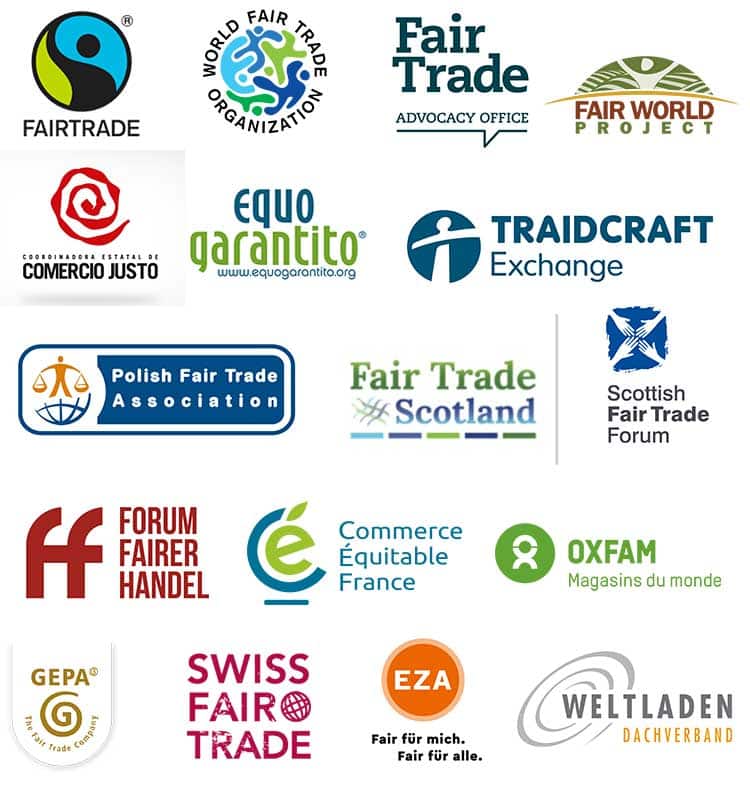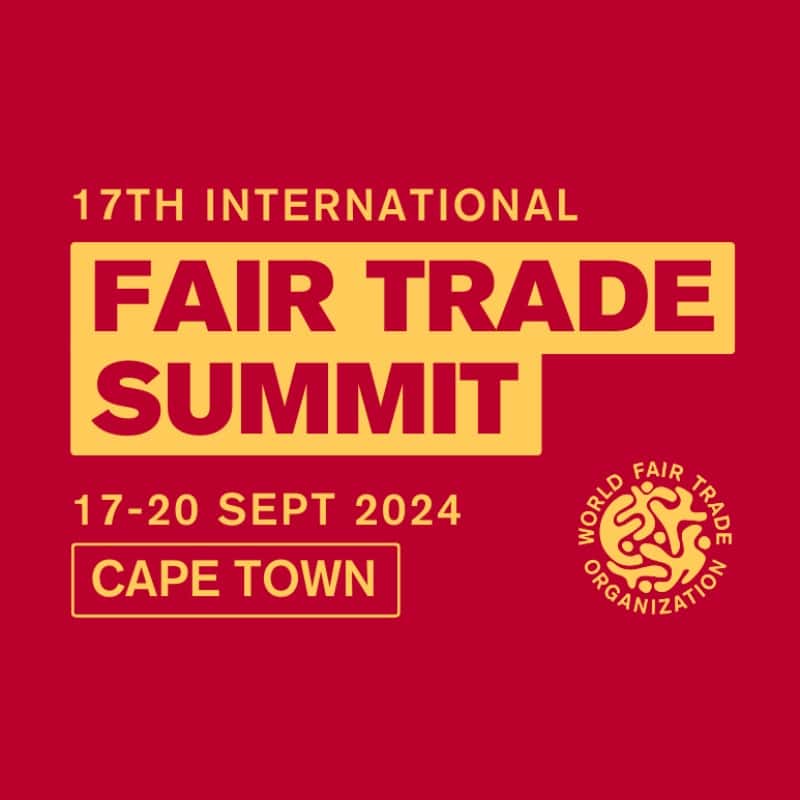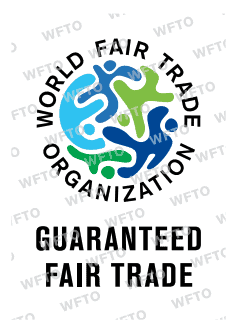NO CLIMATE JUSTICE WITHOUT TRADE JUSTICE
The Fair Trade Movement calls on the Parties of the UNFCCC to act on their commitments under the Paris Agreement and to prioritise fair trading practices in the global supply chains as indispensable for climate justice.
Read in other languages: Deutsch, Français, Italiano, Español and Português.
The Climate Crisis is unjust – its impact is felt most severely by those who are least responsible for it. Smallholder farmers in the Global South are suffering the effects of climate change: droughts and floods, changing ripening and harvesting patterns, new climate-related pests, weeds and diseases and reduced yields. With the COVID-19 pandemic the same is true: The most marginalised are hit hardest as infection spread and/or lockdown measures have a negative impact on their work and trade. Both the climate and COVID-19 crisis are symptoms of the root disease: They are stark reminders of the powerful correlations between the global economic model and the larger health and environmental crises we are facing, also in the form of loss of biodiversity, deforestation, etc. An economic model where a significant imbalance in power in supply chains means that poor and marginalised producers and workers in global supply chains are being kept in perpetual poverty with unsustainable livelihoods, while buyers/retailers are reaping profits for their shareholders on the back of smallholders’ and SMEs’ crops and products. A key example is deforestation, which is chiefly driven by the current model for cocoa and coffee supply chains. A small group of big actors in the Global North capture high profits, while farmers in the Global South are pressured to deliver more and more product at prices below cost of production, often resulting in undesirable practices such as deforestation, use of child labour, and perpetual poverty.
Clearly, addressing poverty and the inequality embedded in these supply chains is necessary to address sustainability practices, especially those affecting the climate. The priority must shift away from large-scale, industrial farming to first and foremost providing trade justice to smallholder farmers, enabling them to weather both the Climate Crisis and the COVID-19 pandemic. This is increasingly substantiated in independent research as well, most recently in this recent IFAD report. Though the specifics are different for farmers, artisans and workers in other global supply chains, like those involved in the textiles and fashion industry, the necessity of addressing poverty to ensure environmental sustainability and climate adaptation remains the same.
The transformation of sustainable modes of production and consumption is at the heart of the theory of change of the Fair Trade movement. It calls on all actors: to defend a fair, equitable and remunerative price for producers, allowing them to live with dignity as a result of their work and to invest in agro-ecological modes of production. The Fair Trade movement provides working, alternative business models that function through transparent, long-term business partnerships with the aim of providing decent livelihoods while safe-guarding working conditions, women’s rights, children’s rights, workers’ rights and environmental sustainability. It demonstrates that an economy that works for people and planet is viable, and active through several actors such as Fair Trade enterprises, who are mission-led businesses fully practicing Fair Trade, and companies sourcing Fairtrade certified products. The Fair Trade Movement is also increasingly growing its political commitment to Human Rights and Environmental Due Diligence. There is a need for enabling public policies and mandatory corporate regulation, and in this arena policy-makers and Parties to the UNFCCC are key actors for progress on their commitments under the Paris Agreement.
National governments, businesses and citizens – consumers – must collaborate to effectively advance the SDG targets for Sustainable Production and Consumption, which are vital to realising the objectives of the Paris Agreement. For climate mitigation and adaptation to truly be achieved policy coherence must ensure trade is fair and happens on decent terms for marginalised smallholder farmers (such as those living from cocoa, coffee, bananas value chains) and at-risk producers, artisans and workers across the world. So long as those at the beginning of global value chains are left behind by disproportionate imbalances of power in trade, the climate crisis will not be solved.
The Fair Trade movement’s recent call to Build Back Fairer highlights that we cannot go back to ‘business as usual’ in a post-COVID-19 pandemic world. It is vital that recovery efforts ensure the creation of a new economy inclusive and supportive of Fair Trade Enterprises, Fairtrade certified producer organisations, and other social enterprises. An economy where climate and trade policies incentivise fair and climate-friendly products through mandatory Human Rights and Environmental Due Diligence standards, reformed taxation, and a ban on unfair trading practices in all sectors. To achieve this new economy, public stimulus packages as part of Covid-19 recovery plans must be conditional on companies adhering to social and environmental standards on par with those set by Fair Trade Enterprises and Fairtrade certification.
As per our call under the joint Fair Trade movement position paper on COP25 smallholder farmers must be prioritised in the COP negotiations. Concretely, smallholder farmers must be included when developing NDCs; when stipulating provisions for technical expertise and support in implementing sustainable modes of production; when facilitating better access to finance and climate risk insurance; and when promoting digital and infrastructure measures as part of climate adaptation. In addition, the burden of transitioning to low or zero carbon agricultural supply chains should not fall on farmers, workers or artisans alone – they must be adequately supported by all actors in the supply chain.
Signatories:
Fairtrade International
World Fair Trade Organization
Fair Trade Advocacy Office
Fair World Project
Coordinadora Estatal de Comercio Justo
Equo Garantito
Traidcraft Exchange
Polish Fair Trade Association
Fair Trade Scotland
Scottish Fair Trade Forum
Commerce Équitable France
Forum Fairer Handel
Oxfam Magasins du Monde
GEPA Fair Trade Company
Swiss Fair Trade
EZA Fairer Handel


Share This Post
Tags
Contact
- Parallelweg West 9A, 4104 AX Culemborg, The Netherlands
- +31649086439
- info@wfto.com
If you want to contact any of our staff members (not Board) please write to the First Name (ex: Paul)@wfto.com
© 2024 World Fair Trade Organization. All Rights Reserved.

